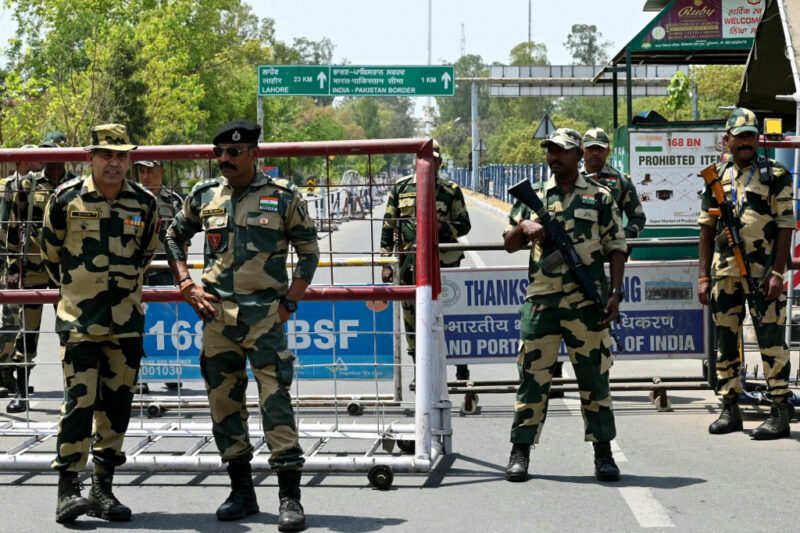Indian and Pakistani troops traded gunfire for a second consecutive day along the disputed Kashmir frontier, following a deadly attack that killed 26 people at a tourist destination. The incident has sharply escalated tensions between the two nuclear-armed nations, which have previously fought three wars, two of them over the contested Muslim-majority region of Kashmir.
According to India’s military, Pakistani forces fired from “multiple posts” along the heavily fortified ceasefire line, prompting Indian troops to “respond appropriately” to what they described as “unprovoked” firing. No casualties were reported during the exchanges. Pakistan has yet to officially comment.
The latest clashes come in the wake of Tuesday’s massacre near Pahalgam in Indian-administered Kashmir, where gunmen opened fire on a meadow crowded with visitors. Reports indicate the attackers questioned the victims’ religion before shooting the Hindus. Violence had been on the decline in the region, and the attack has dealt a major setback to Kashmir’s recovering tourism sector. A little-known group called the Kashmir Resistance claimed responsibility. India has linked the group to the banned Pakistan-based Lashkar-e-Taiba, though Pakistan denies any involvement.
Seeking to ease the spiraling tensions, Pakistan’s prime minister, Shehbaz Sharif, offered cooperation with a “neutral investigation”. Meanwhile, Indian prime minister Narendra Modi pledged to “track and punish every terrorist and their backers” and vowed to pursue the perpetrators “to the ends of the earth”.
“Pakistan is open to participating in any neutral, transparent and credible investigation,” Sharif said, while also warning that Pakistani forces were ready to repel “any misadventure” by India.
In the midst of the rising tensions, India suspended the Indus Waters Treaty, a key water-sharing agreement, expelled Pakistani diplomats, and canceled Pakistani visas. Islamabad responded by expelling Indian diplomats, revoking Indians’ visas, closing its airspace, and suspending the 1972 Shimla accord, a crucial framework for bilateral dialogue.
India’s resources minister, C R Patil, stated that the country would ensure “not a single drop” of river water would reach Pakistan after the treaty’s suspension. Pakistan has warned that any attempt to block the water would constitute an “act of war,” with Pakistan People’s Party leader Bilawal Bhutto Zardari declaring: “Either our water will flow through it, or their blood.”
Experts suggest that while the political rhetoric is intense, disrupting the river flow would require significant time and investment. “India lacks the hydro infrastructure needed to actually impede the flow of water to Pakistan in the short term,” analyst Brahma Chellaney explained. “So the action is largely symbolic.”




